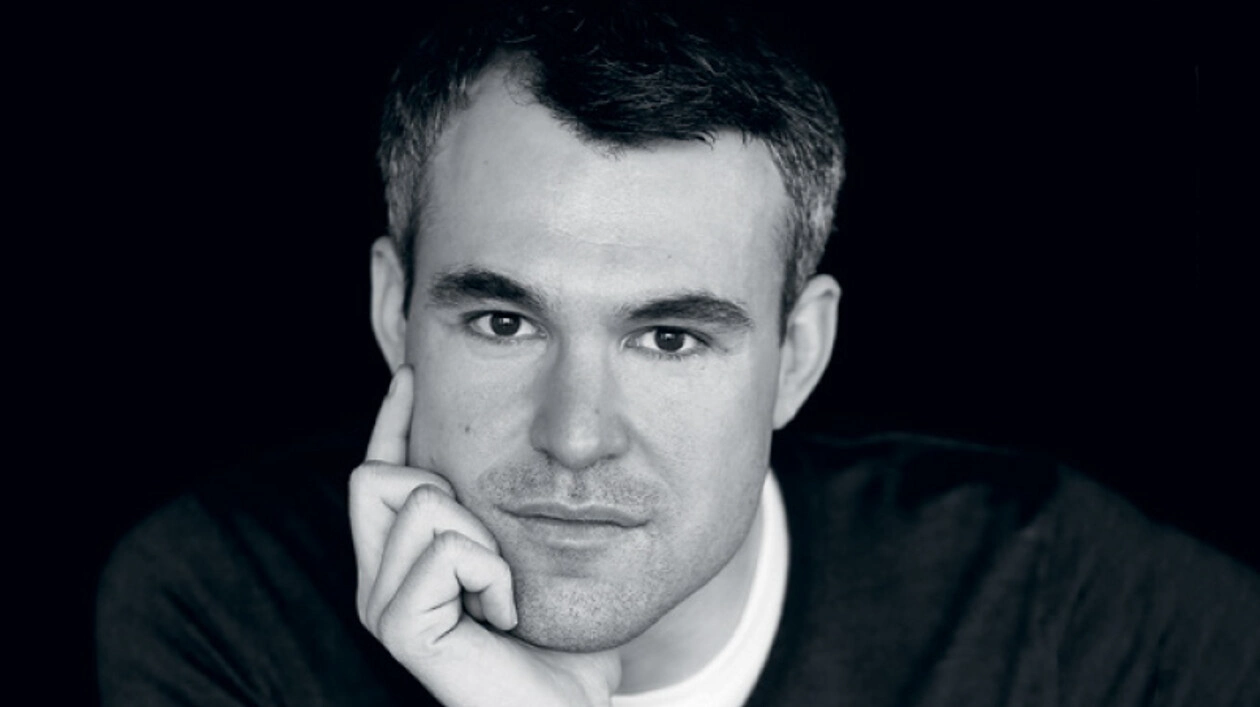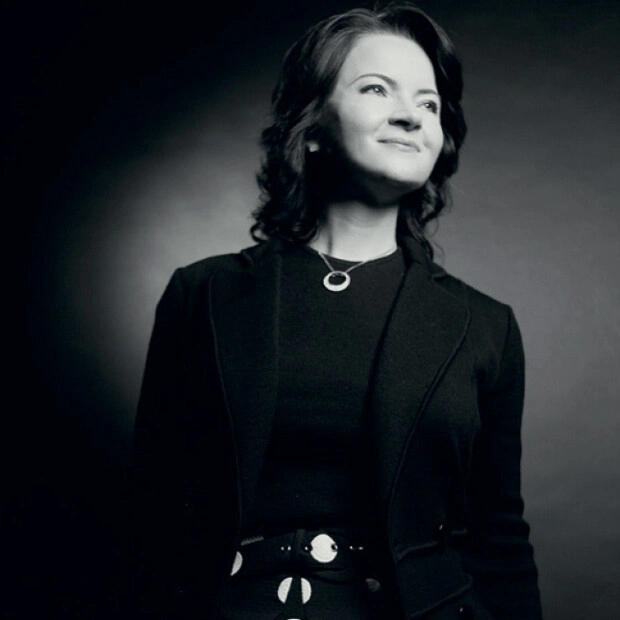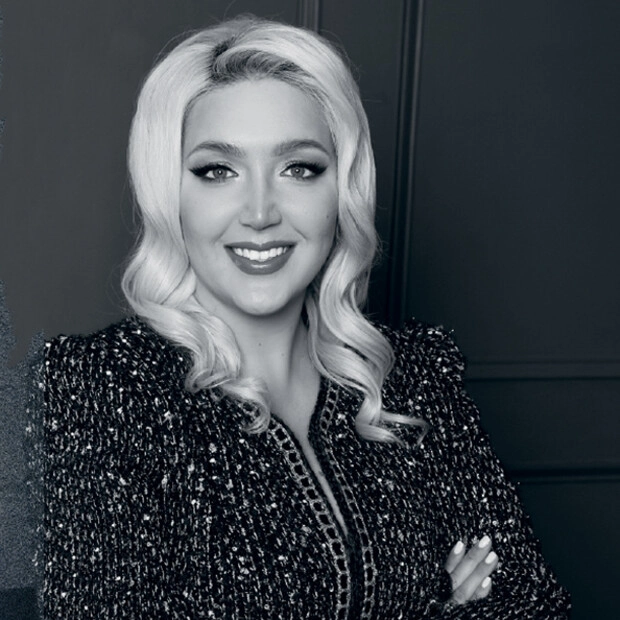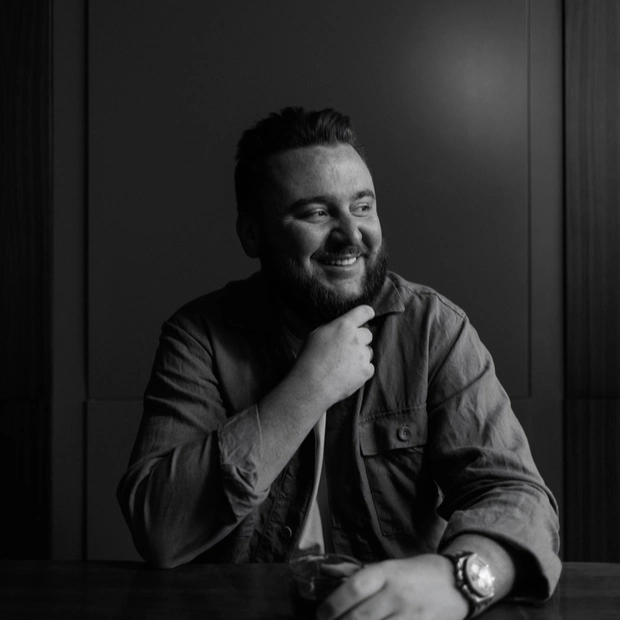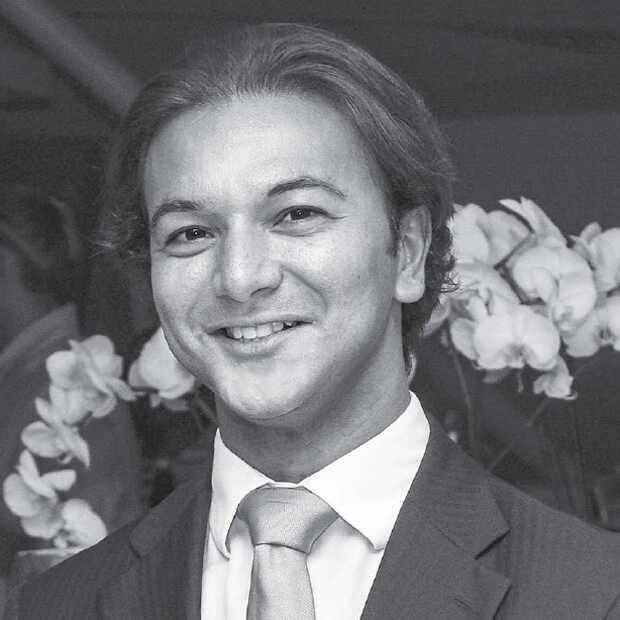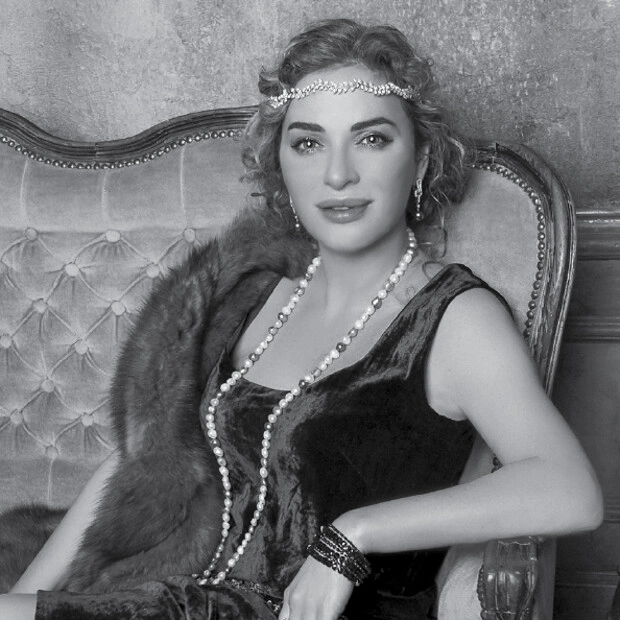An Al Pachino’s character says, ‘Think about it. He gives man instincts. He gives you this extraordinary gift and then what does He do? I swear, for His own amusement, His own private cosmic gag reel, He sets the rules in opposition. It’s the goof of all time. Look, but don’t touch. Touch, but don’t taste. Taste, don’t swallow. And while you’re jumpin’ from one foot to the next, what is He doin’? He’s laughin’.
What is choice, illusion or a conscious activity of the human brain differing us from animals? Our new columnist Denis Cherkasov reasons.
Freedom of choice has long occupied Man’s thinking. Yuval Noah Harari denies that a man actually chooses anything. The right and left-brain hemispheres dictate different decisions simultaneously and we never know for sure what exactly we want. Our choice is the work of complicated algorithms encrypted in biochemical processes in brain and body. But if we don’t have a freedom to choose, there should be something else that makes us human and differs us from animals, whose choice is also dictated by biochemistry.
We do have a will to choose but not our reactions, which are possibly programmed inside of us, especially if we give them consciously or semiconsciously, but that’s the way we, people, react to our reactions and try to handle them. This attitude affects our wellbeing and level of happiness in the end.
Cornell University scientists calculated we make not less than thirty-five thousand choices daily. Decisions are actually very different by the essence and scale of consequences. Starting with what to wear today up to whether to marry, to divorce, to buy, sell, invest, or let slip the chance. Two hundred and twenty-six times daily we choose food. And those small and big decisions take a huge amount of mental energy. And it doesn’t matter how big the scale of decision is, the consumption of energy is almost every time the same and depends on the time spent for making choice. We often don’t have physical energy to take all decisions during the day and we start to make mistakes or go down to the unconscious reactions, especially when we lack energy after midday, perhaps due to hunger.
If all this is true, how does one act? A question every man faces from time to time in his life and I have two approaches.
Some types of choices could and should be done consciously according to the algorithm, iteratively, in other words, repeating to the rule we act according to every time in the same situation. You can limit the quantity of costumes, its style and colour to dark blue and grey on purpose in order not to think about the choice of costumes to be worn going to the office and shirts should be either white or blue.
Except for mutton, I don’t eat meat in restaurants and if there isn’t any, I skip the menu’s meat pages, limiting this way the time and effort spent on choice.
Morning starts with the same ritual and it doesn’t let me think of the way to begin another day. The choice becomes automatic, white shirt yesterday, blue today. This is a conscious automatism and the consequences of once taken decision I follow. Apparently not significant decisions. But the effect of economy of mental efforts these rules provide, is tremendous.
We can ease our choice when we deal with big, fundamental decisions as well. I prefer to choose principles according to which we make these important choices. It isn’t the same automatic acting as in the first rule concerning everyday life issues. But the set of consciously chosen principles lets us ease the process of choosing, making it more logical and thoughtful. To take as an example, I prefer if it is possible not to deal with toxic people no matter what would be the hypothetic profit of cooperation with them. May be this is a wrong principle but following it I feel better saying no in some situations when I feel that partnership won’t bring any fruit and most probably will bring to a mutual disappointment.
I actually think that there are no right or wrong principles, we just choose according to our attitude which one to follow. It is possible that in the situation described above some people will follow absolutely different rules. For example, some of the people I know would say there are no friends or enemies when it concerns money. Just part-ners. Somebody tells to himself that it is just a game to achieve a goal and chooses money game. It doesn’t matter what principle you choose, it is just good if you have one. Then you have a chance to build sooner or later a world of your choice and not get exhausted by eternal wor-ries about the rightness or wrongness of your actions, world vanity, nonsensical life and other symptoms of the lack of energy.
I consider aspiring for happiness to be the main principle for myself. I try to ask myself honestly every time if the decision I take makes me happy in the end. And if the answer is yes, I doubtlessly choose the one that will, as I assume, bring happiness.
